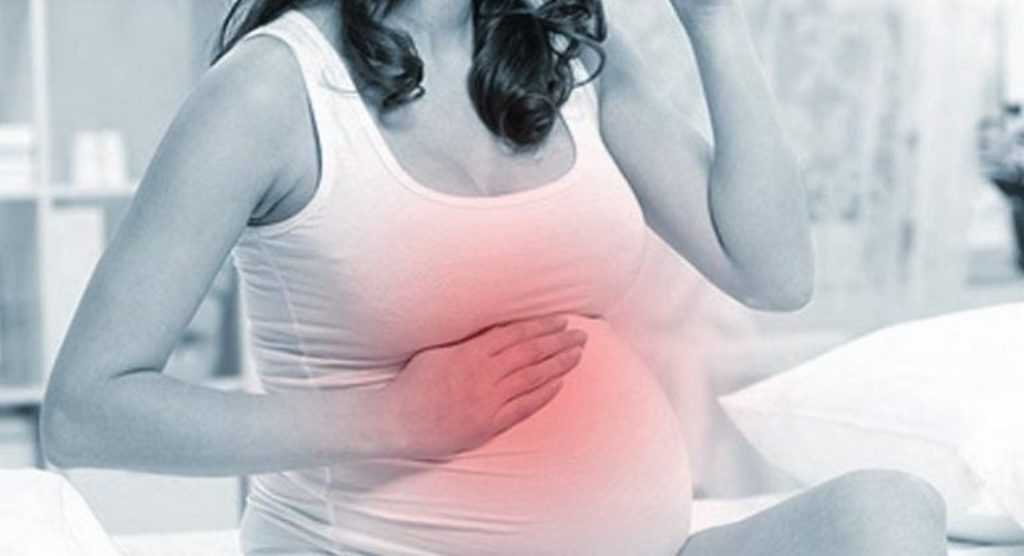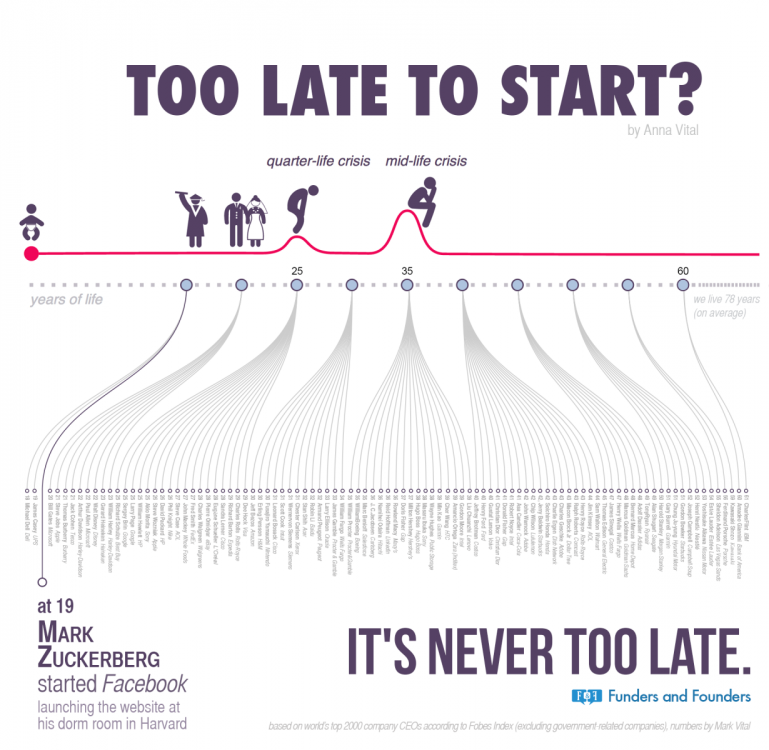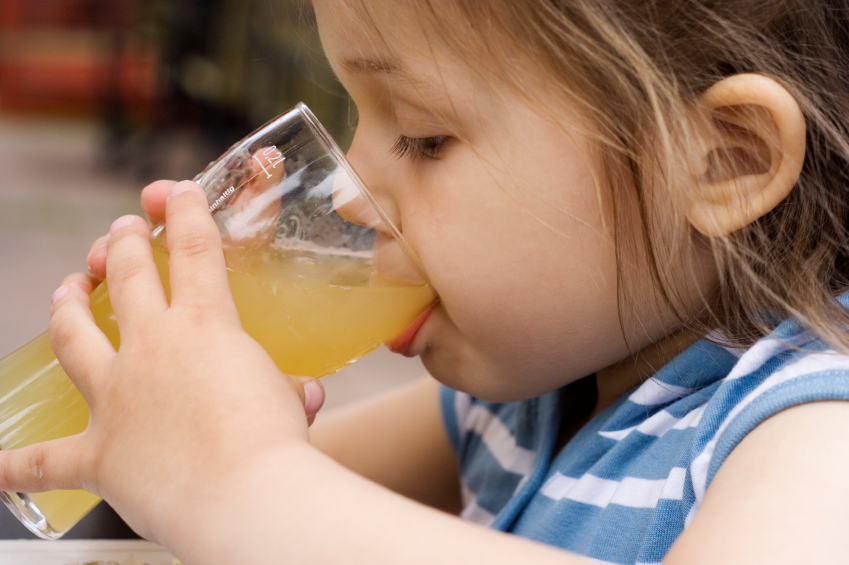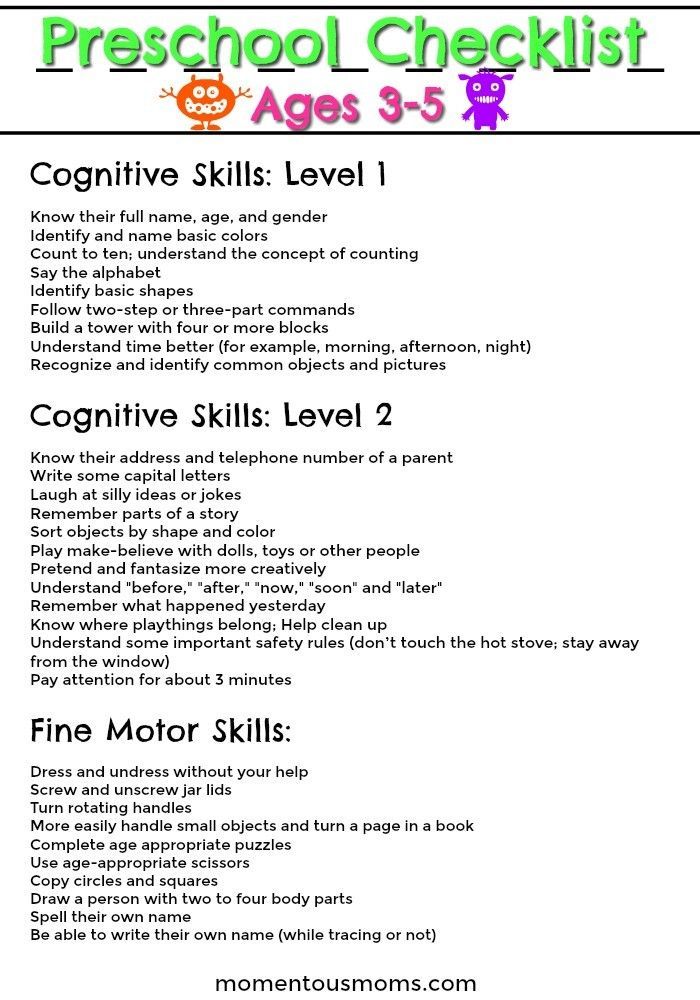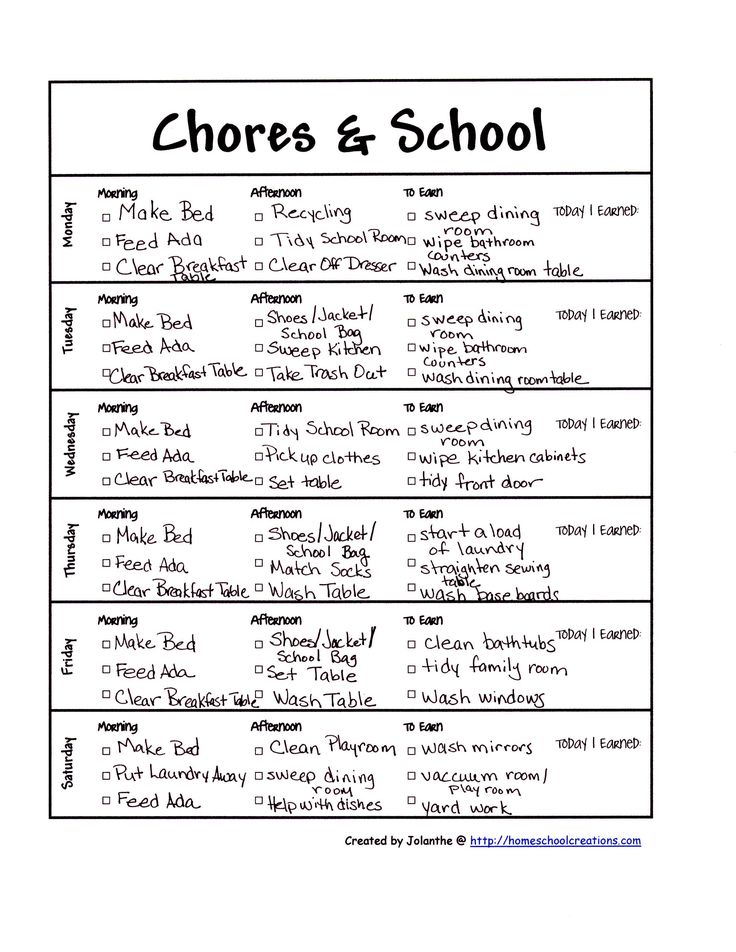How to drug test your child
Should You Drug Test Your Child?
As a parent searching for answers, you may be considering drug testing with the expectation that it will discourage your child from experimenting with drugs, hopefully preventing a world of hurt down the road. If you suspect your child is already using substances, you may assume that testing will discourage experimental use before it escalates into serious use or addiction. However, many experts recommend against drug testing our kids unless it is done by a medical professional, and only when it is truly warranted.
Drug testing your child: the challenges
What about timing?
Timing is tricky because various drugs react very differently. For example, marijuana leaves the system slowly and may result in positive tests for several days or even a month, depending on the amount and frequency of use. On the other hand, cocaine, heroin and meth generally clear the system very quickly, usually in one to three days.
With that in mind, should you test once a week or more often? On Monday mornings? The day after a party or social event? Random tests provide the element of surprise, but they also present the possibility that your timing will be off and your child will test negative, even if they have used during the past few days.
Is testing an invasion of my kid’s privacy?
The American Academy of Pediatrics advises that testing can be an invasive breach of trust that may damage the relationship between parent and child. If not done correctly, you may be viewed as a police officer rather than a parent, which does little to promote a healthy, trusting relationship. Regaining lost trust with a son or daughter who feels betrayed is never easy.
In general, it’s risky to test your child without a really good reason. A kid who has no intention of experimenting with drugs or alcohol will understandably resent the lack of trust indicated by testing without clear justification.
What type of test is best?
There isn’t a single test that will detect all substances, and a kit from your neighborhood pharmacy might test negative for one drug while totally missing others. No test casts a wide enough net to catch every possible drug.
Most standard urine and saliva kits test for marijuana, cocaine, opiates, amphetamines and PCP, while more sophisticated at-home tests will also detect barbiturates, benzodiazepines, methadone and certain prescription painkillers.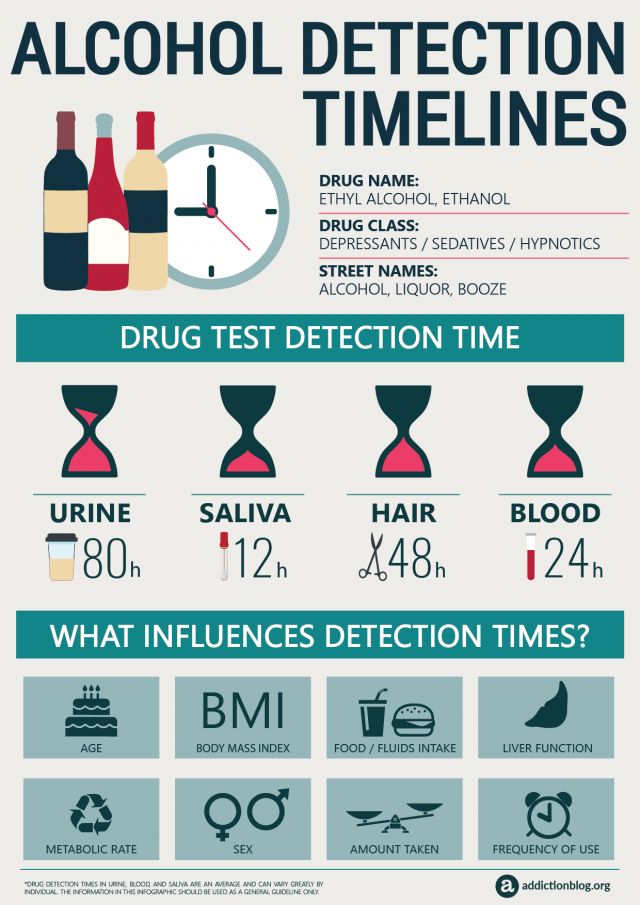 Specialized, more expensive tests are necessary if you suspect your child is using LSD, mushrooms or inhalants.
Specialized, more expensive tests are necessary if you suspect your child is using LSD, mushrooms or inhalants.
Are you willing to observe?
It’s almost certain that your teen will resent you watching closely as she fills the bottle, but, if so motivated, many kids know ways of getting around a urine test. For example, bleach or other substances are often used to adulterate drug tests, and purchased or “borrowed” urine is frequently used to escape detection. Kids are aware that a variety of options are available online, at any neighborhood head shop, or even at many all-night convenience stores. Also, claims of “I don’t need to pee right now” or “I can’t go with you watching,” are likely to result in heated arguments between parent and child.
What about other types of tests?
Hair testing sounds like a viable, non-invasive alternative to urine testing, but hair samples won’t detect use in the last week to 10 days and may be skewed by rate of hair growth, hygiene or use of cosmetics, dyes or bleaches.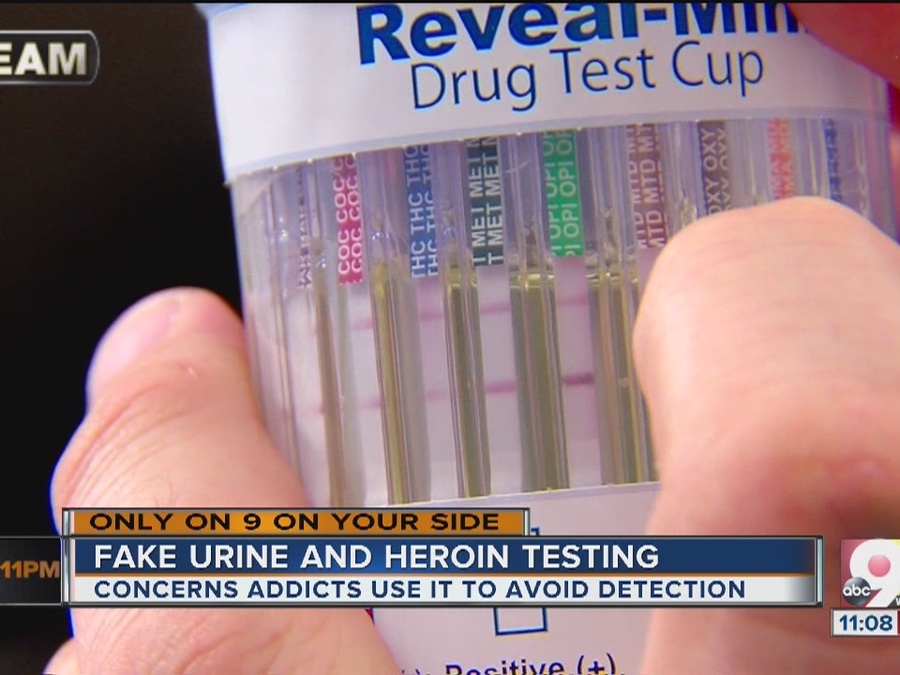 Hair testing generally isn’t an option for occasional or recent drug use, but is generally used for heavy use that has occurred over an extended time. The long window of detection makes hair tests impractical for parents.
Hair testing generally isn’t an option for occasional or recent drug use, but is generally used for heavy use that has occurred over an extended time. The long window of detection makes hair tests impractical for parents.
Similarly, saliva tests are easy and less invasive than urine tests, and many detect drugs before the substances are detectable in urine. The problem is that a savvy young adult may find ways of generating more saliva to dilute the test, and smoking cigarettes may also skew the results. In order for saliva tests to be effective, you’ll need to ensure your child is supervised for 30 minutes prior to sampling.
Why it’s best to leave drug screening to the professionals
Dr. Sharon Levy, Director, Adolescent Substance Use and Addiction Program at Boston Children’s Hospital, recommends against home drug testing. In Dr. Levy’s words, “I am not at all convinced that drug testing is useful as a preventive tool; it is a terrible tool for identifying use (since most teen and young adult drug use is sporadic, which is very unlikely to be picked up by a random test), and it is certainly not a stand-alone treatment for a substance use disorder. ”
”
Further, some kids will switch using one substance for another in an attempt to avoid a positive drug screen. For example, some teens who enjoy smoking marijuana will switch to a synthetic form like K2 or Spice to beat a marijuana drug screen, often with disastrous outcomes.
“If you suspect your child has a substance use problem or disorder, my suggestion would be to drop the drug kit and to speak with a health professional,” recommends Dr. Levy.
How to Drug Test Your Teen
By Larry Fritzlan, LMFT, CAS, Director, Adolescent Recovery Services
As more teens abuse dangerous substances—and get cagier about hiding the evidence—more parents are willing to consider testing their child for drugs. Under certain circumstances, we solidly support this decision. But a parent who drug tests a child must take care to do it right. A poorly-administered test can be worse than none at all.
The following will explain how to drug test your teen and will also explain how drug testing works in our Adolescent Recovery Services treatment program. An effective drug test has four vital elements: it must be random, observed, frequent, and varied. If even one of these elements is missing, a teen can fake the test. This can create an extremely hazardous situation in which parents, believing their child is now clean and sober, stop paying attention. Meanwhile, the child’s substance abuse, and possible underlying mental disorder, goes underground and remains untreated. So let’s take a closer look at the four elements of an effective test.
An effective drug test has four vital elements: it must be random, observed, frequent, and varied. If even one of these elements is missing, a teen can fake the test. This can create an extremely hazardous situation in which parents, believing their child is now clean and sober, stop paying attention. Meanwhile, the child’s substance abuse, and possible underlying mental disorder, goes underground and remains untreated. So let’s take a closer look at the four elements of an effective test.
Random
It is vital that a teen not know when a drug test will be administered. Kids are not dumb. Every teen who self-medicates with drugs or alcohol is well aware of “retention rates” (the length of time that ingested drugs and alcohol will test positive). So, if tests are not carried out randomly, the teen will simply time his or her drug use to avoid detection.
Let’s look at how this might work. Say that a parent drug-tests a teen every Monday, via a urine sample. Prior to the test, Informed Teen Drug User judiciously abstains.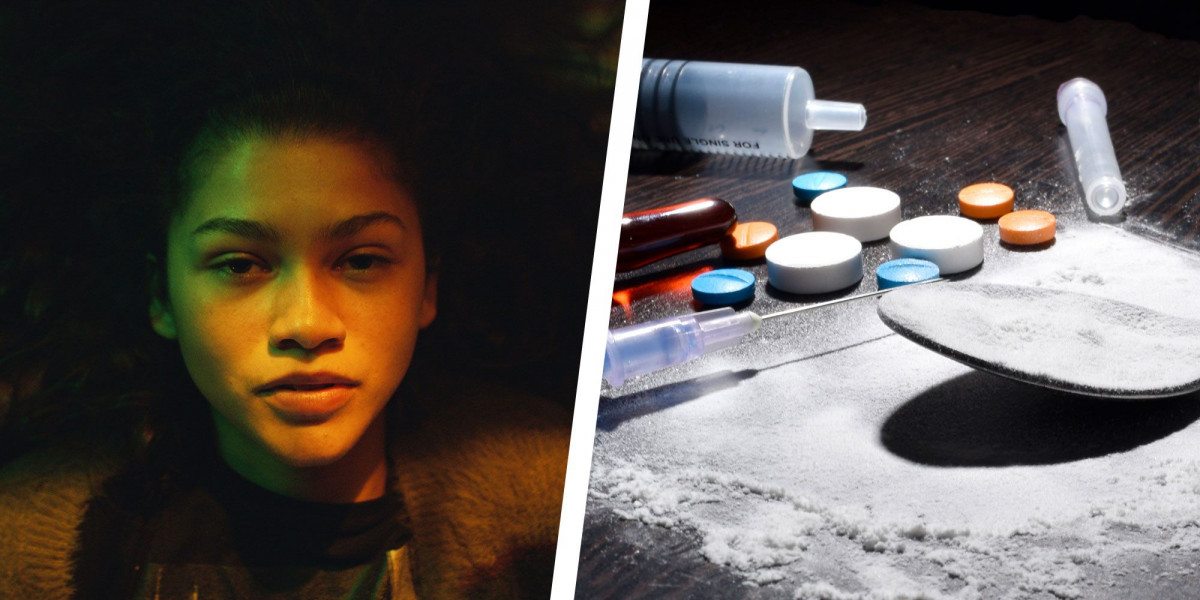 However, right after the test, he starts up again. He knows he can smoke pot that night, and then snort methamphetamine, pop Oxycontin and Vicodin, smoke crack cocaine, inject heroin, and stay drunk every day for the next four days. At that point, he temporarily stops using the drugs, but continues to stay drunk until 12 hours before the following Monday’s test. Result: He tests clean—and starts the drinking and drugging cycle all over again.
However, right after the test, he starts up again. He knows he can smoke pot that night, and then snort methamphetamine, pop Oxycontin and Vicodin, smoke crack cocaine, inject heroin, and stay drunk every day for the next four days. At that point, he temporarily stops using the drugs, but continues to stay drunk until 12 hours before the following Monday’s test. Result: He tests clean—and starts the drinking and drugging cycle all over again.
Every regularly-using kid knows this drill, follows it, and is laughing at his or her clueless parents. So, to make testing effective, you must test randomly, on a different day of the week each week (but, of course, not in any easily decipherable order). One way to ensure randomness is to write down each day of the week on a slip of paper and put them in a hat, and then draw out two slips and test on the days specified (more on this later). Ideally, you should test first thing in the morning when the child’s urine is most concentrated and he or she is not yet fully awake and not able to employ some “tricky” behavior.
Observed
This may be hard for some to swallow, but a parent must observe a teen’s drug test. “Oh, that’s too intrusive!” many parents say. But remember, a drug- using teen is highly motivated to escape detection. In dozens of cases, teens have told me that no one observed them taking a urine test, so they simply gave their parent someone else’s clean urine.
It’s also not enough to simply be in the room with a peeing teen. Some boys purchase a device that looks like a penis and contains clean urine; others use a small device that fits in the palm of the hand and contains a battery to warm the urine. There are stories of individuals that will even catheterize themselves and fill their bladders with clean urine!
We recommend that you hand your teen the bottle with the label attached, but without the cap, so that they don’t switch bottles. Stand near enough to be able to smell if any bleach has been added, and so you can hear the urine going into the bottle. There is a distinct sound of a stream of urine going into a bottle that is hard to duplicate (practice peeing yourself so that you can get to know “the sound”).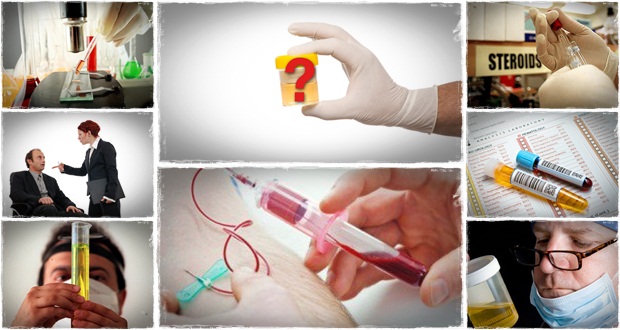 When they hand you the bottle it will have a number of bubbles at the top—something not present if they poured someone else’s urine into the container. And it will be hot to the touch.
When they hand you the bottle it will have a number of bubbles at the top—something not present if they poured someone else’s urine into the container. And it will be hot to the touch.
(For more on creative ways to beat a urine test, check out www.marijuana.com .)
Frequent
Testing should take place at least twice a week. Multiple, frequent tests give teens the message that they may be tested any time. One family I worked with tested their child only sporadically. Each time she tested positive, she would promise her parents that she’d never touch drugs again, and they chose to believe her. Recently, she was rushed to the hospital with a potentially fatal .4-percent blood-alcohol level. It turned out that she had been regularly abusing alcohol, cocaine and Ecstasy during the long gaps between tests.
Some parents are concerned that frequent testing will be expensive. But since our testing supplies are free, testing can be fairly economical. We recommend that parents administer tests at least twice a week, but send only one sample to the lab per week (to reduce expenses).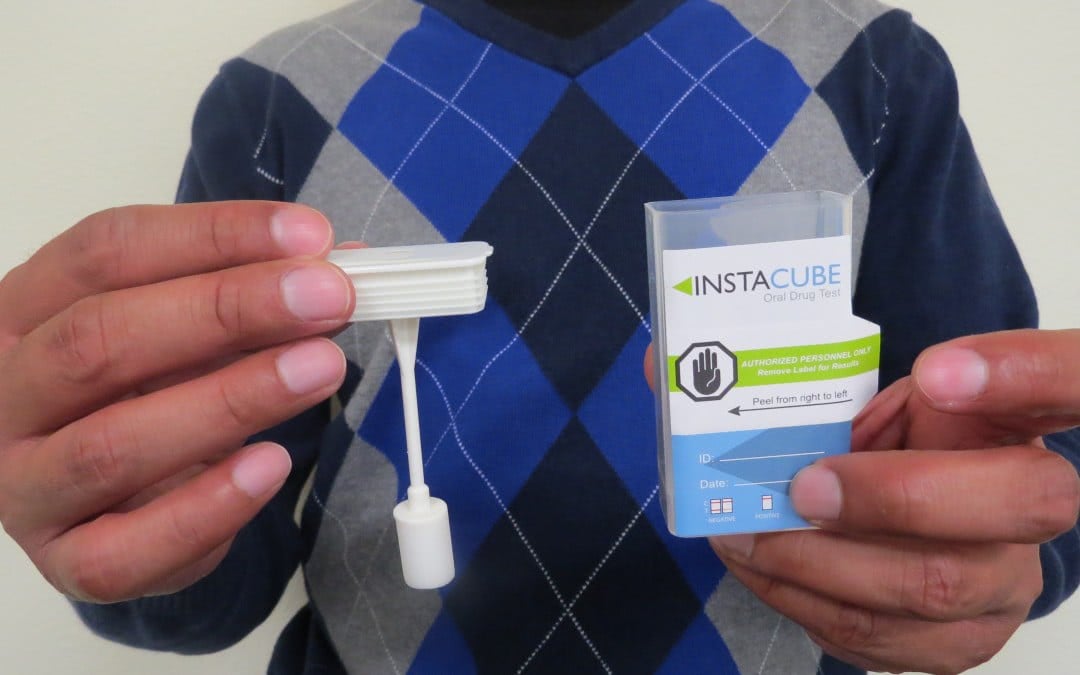 The teen doesn’t need to know which samples, or how many, are sent in for analysis.
The teen doesn’t need to know which samples, or how many, are sent in for analysis.
Varied
Since all drug-testing methods have their strengths and limitations, we recommend that multiple options be used—a urine test, a saliva test, and a breathalyzer. When just one method is used, a teen is more likely to successfully fake the test. For example, the parents of one boy we treated suspected that he was on drugs, yet he always tested clean. It turned out that he had been giving them someone else’s clean urine. When we administered a saliva test, he showed up positive for five different drugs!
Our Parent Training Program
We offer a program on drug testing for parents who are concerned about their teen’s potential drug usage. It is a half-hour training on how to drug test your child and how to effectively use the various options—urine testing, saliva testing, and the use of a breathalyzer. Please contact us for more information.
Our Testing Options
Adolescent Recovery Services offers test kits and lab analysis for the following drug tests:
- Standard Urine Test: detects presence of marijuana, opiates (including Oxycontin), cocaine, amphetamines, PCP, barbiturates, and alcohol.

- EtG Urine Test: New test that detects the above substances, and in addition detects metabolites of alcohol for up to 80 hours after use.
- Saliva Test: Detects marijuana, opiates (including Oxycontin), cocaine, amphetamines, PCP, and barbiturates. (Make sure your teen does not have water in his mouth.)
- Breathalyzer: Detects alcohol (make sure your teen blows, and not sucks, into device).
- Other optional tests are available for nicotine, LSD, psilocybin mushrooms, and steroids.
For Professionals: Adolescent Recovery Services works collaboratively with referring treatment providers. Give us a call if you would like to consult on a case.
For Parents: Adolescent Recovery Services invites you to contact us at any time if you have a concern about your child’s substance use or a question about our services.
The Bottom Line
Parents must take a teen’s drug use seriously.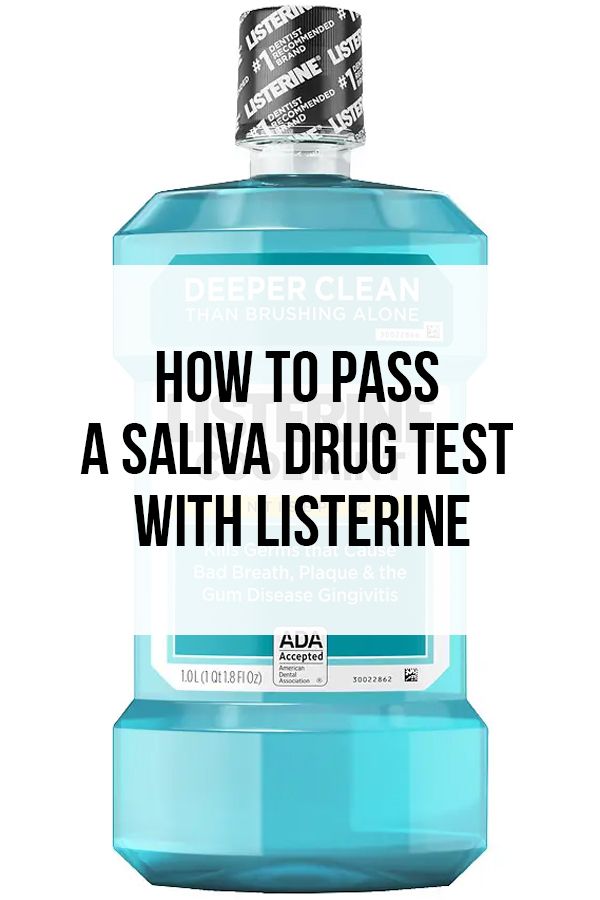 Drug use beyond “once or twice” or “never more than once a month” experimentation stage may indicate that a teen is self-medicating an existing or emerging emotional disorder. Or it could signify the early signs of alcoholism or drug addiction. If you are concerned that your teen may be abusing drugs or alcohol, consult with a qualified mental health professional for an evaluation. Don’t wait. Help your child reclaim health, strength, and hope.
Drug use beyond “once or twice” or “never more than once a month” experimentation stage may indicate that a teen is self-medicating an existing or emerging emotional disorder. Or it could signify the early signs of alcoholism or drug addiction. If you are concerned that your teen may be abusing drugs or alcohol, consult with a qualified mental health professional for an evaluation. Don’t wait. Help your child reclaim health, strength, and hope.
About Adolescent Recovery Services
After more than 20 years of working with teens and families, we know many of the pitfalls teens can encounter throughout adolescence. We also know the signs of drug use and abuse.
Call Adolescent Recovery Services to learn what your options are. If you suspect there’s a chance that your teenager might be using drugs, whether alcohol or pot or another substance, the time to act is now. We provide a full range of assessment, diagnosis and treatment services. Let us help you figure out what’s going on with your teen and support you on the path toward returning him or her to a healthy lifestyle.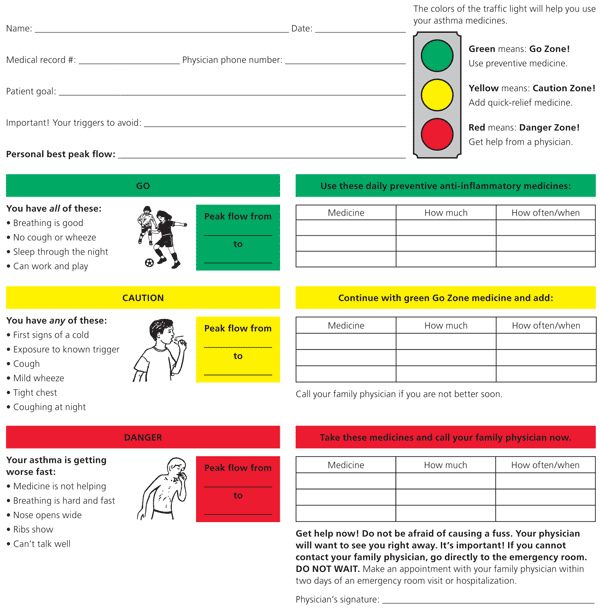
Larry Fritzlan, LMFT, CAS, Director
Adolescent Recovery Services
(415) 945-0923
Copyright 2007 Adolescent Recovery Services. All rights reserved.
Back to the list of articles
How to find out if a child uses alcohol and drugs
Adolescents who use alcohol, drugs
- Increasing secrecy characteristic,
- Deterioration in school performance: lack of interest and incentive to study, absenteeism,
- Deterioration of the appearance of a teenager: hair, clothes, shoes, personal items look untidy, dirty,
- Changing relationships with peers. The appearance of new, suspicious friends, which can greatly affect whether a child will take alcohol, drugs or not.
- Change in behavior towards loved ones, such as aggressiveness or unwillingness to communicate.
If you think your child has used alcohol or other drugs more than once:
- Ask about it.
 Find out what substances he used and what he experienced while doing it, whether he liked it. Listen carefully to the teenager's story, namely, whether he liked using it and why. The closeness of your relationship will affect the frankness of the child. Ask about peers who gave him drugs and those who used them with him.
Find out what substances he used and what he experienced while doing it, whether he liked it. Listen carefully to the teenager's story, namely, whether he liked using it and why. The closeness of your relationship will affect the frankness of the child. Ask about peers who gave him drugs and those who used them with him. - Talk about your concerns, not just about drug abuse, but about other important issues such as school performance
- Remind them of the norms of behavior in the family, whether it is accepted in the family to use these substances and the consequences if the teenager does not adhere to family values. If you do not want your child to use any kind of drugs, including smoking and alcohol, tell him directly about it.
- Ask your child to stop using alcohol or drugs, especially if there is a history of addiction in the family. If the child stops now, he may avoid negative consequences.
- Maintain an outreach policy. It is very important to give your teenager information about the influences and consequences of alcohol, toxic substances, smoking and drugs.

Do not lose control of the situation!
The child may have problems at school or at home, difficulties in communicating with others and with the law as a result of taking drugs. If you suspect your teen is continuing to use alcohol or substance abuse, take action. This is much more serious than you think and requires immediate attention. Frequent or constant use of narcotic substances leads to physical and psychological dependence or already to the presence of such.
To help a teenager:
- Make inquiries. See if there is evidence that the child is taking toxic substances. Review the information on how to find out if a teenager is taking drugs again. If you are inclined to believe that the child uses a certain type of drug, collect all the necessary information about him.
- Choose the right moment, namely, when the child has not yet had time to take the next dose. It makes no sense to talk with someone who is in a state of alcoholic or drug intoxication.
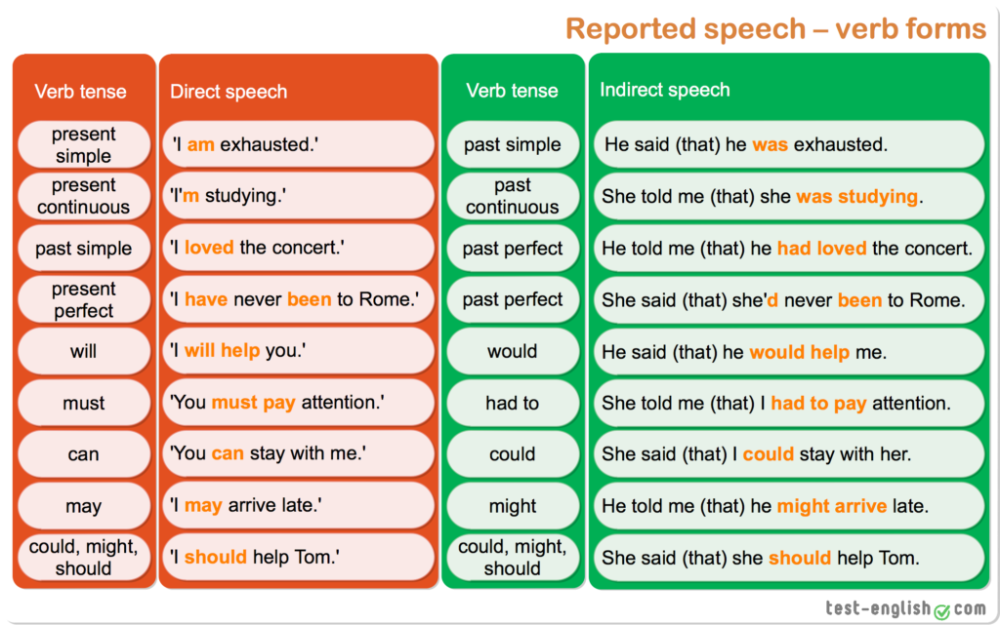
- Ask directly. Find out what drugs your child takes, how often and where they take it. As a rule, teenagers are silent about this.
- Assess the situation. Take your child to a drug specialist. Ask the doctor to examine your child. Early intervention will facilitate the eventual withdrawal of drug use.
- Call for help. Attend a support group for relatives of alcoholics and drug addicts. There are special courses for parents where the consequences of alcohol and drug addiction are discussed. The use of toxic substances is a family problem, since all family members feel the negative effects. Relatives of such teenagers should change their attitude towards them.
Narcological assistance in Grodno:
ME GOCC "Psychiatry - Narcology":
- narcology registry - 8 (0152) 75-67-54;
- adolescent narcologist - 8 (0152) 75-69-44.
Helpline Grodno - 170
Republican "Helpline" for narcological patients - 8 801 100-21-21
What to do if you suspect that your child is using drugs
Information for parents
Dear parents!
You strive to be successful parents and want the best for your children.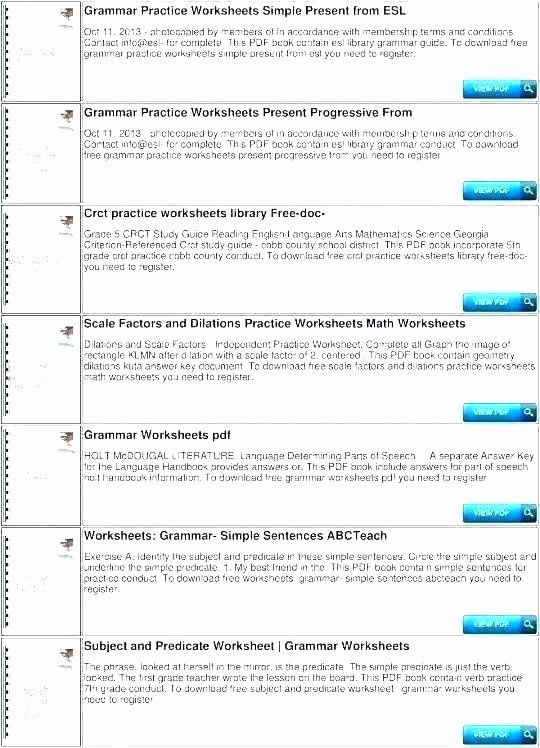 You experience anxiety and concern for the future and present of your child. These are healthy emotions, they force you to act, to clarify in a timely manner what is bothering you. Especially when it comes to the disease of drug addiction, and any disease is easier to prevent than to treat.
You experience anxiety and concern for the future and present of your child. These are healthy emotions, they force you to act, to clarify in a timely manner what is bothering you. Especially when it comes to the disease of drug addiction, and any disease is easier to prevent than to treat.
Watch your child. If your son or daughter:
- spends a lot of time with people you don't trust,
- changed habits and clothes, in accordance with any grouping or trend of adolescents,
- loses interest in former hobbies (hobbies, sports), without acquiring others,
- has become more secretive and does not communicate with you as before,
- spends a lot of money on who knows what,
- overly emotional - either very happy, cheerful, or depressed, angry, hostile,
- You caught him lying several times, although he was honest with you before,
- there are problems at school or in a college: absenteeism, apathy for learning, unreasonable failure to do homework,
- has changed physically (sudden weight gain or loss, loss of appetite, pallor, sweating, chronic fatigue, sleep disturbance, watery eyes without cause, frequent runny nose, cough, sore throat)
- Outwardly, you may notice: dilated or constricted pupils, reddened or cloudy eyes, dry, cracked lips, incoordination (staggering or stumbling, smell from clothes)
If you have noticed all this, then you should think about it and talk to your child.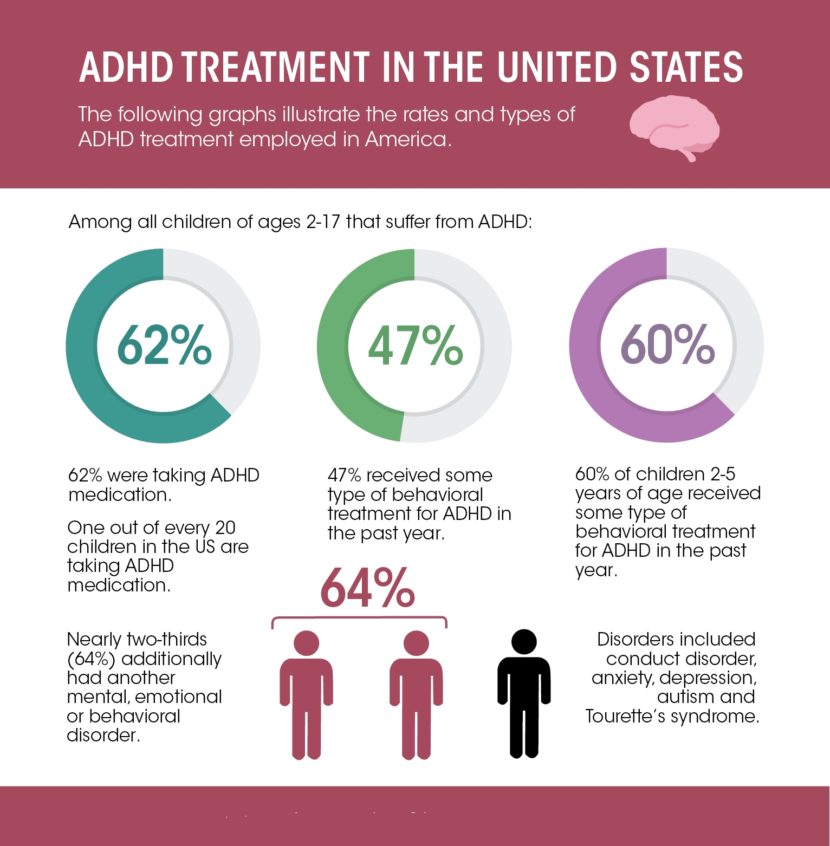
The sequence of actions of parents in case of suspected drug use by a child
The assumption that a child uses drugs causes strong negative emotions in parents (feelings of guilt, fear, helplessness), entailing rash, undesirable actions that can only aggravate the situation. For example, parents can track, eavesdrop, search pockets, lecture, forbid leaving the house, etc.
What to do if you suspect your child is using drugs
- Do not panic. Observe the child carefully and do not show excessive excitement.
- Try to talk tactfully with the child, to discuss the facts you have. About your suspicions, say these words: "It seems to me that you are taking drugs." Just do not try to start a conversation at a time when the child is still under the influence of the drug - this is pointless. Wait until he fully recovers. Do not yell at the child, beat, threaten. So you get only secrecy and distrust.
- Rapid tests can be used to establish the facts of drug use.
 These tests allow you to detect the content of narcotic substances in the human body at home, they can be bought at a pharmacy. There are tests for the simultaneous detection of three or more groups of drugs. Express tests can be purchased at regular pharmacies.
These tests allow you to detect the content of narcotic substances in the human body at home, they can be bought at a pharmacy. There are tests for the simultaneous detection of three or more groups of drugs. Express tests can be purchased at regular pharmacies. - Do not try to control the use, lock up the child, send him to another city - this usually does not bring the desired result. Imagine how you would behave if your child fell ill with another serious illness. In such a situation, after all, it would never occur to anyone to humiliate and insult him just because he is sick. Do not assume that a son or daughter became a drug addict only because of their own promiscuity, the roots of the disease can be much deeper.
- Give more time and attention to the child, try to listen to him more, show support and care, offer him help.
- Keep your child's confidence in you. Talk to your child as equals. Lack of communication leads to an increase in misunderstanding, alienates you and the child from each other.
 Adolescents have a strong desire to communicate, the desire to be heard.
Adolescents have a strong desire to communicate, the desire to be heard.
- Try to understand that it is not in your power to change everything right now. The most difficult thing is to accept that your child will still do what he sees fit. But at the same time, he must know that he bears responsibility for his lifestyle (and for the consequences of his illness) on his own. You can tell him that you do not approve of this choice, and do everything so that he has complete information about what awaits him in the future, what irreversible processes will occur in the body if the treatment is abandoned.
- In case of suspicions, revealed facts of the use of narcotic or other psychoactive substances, do not hesitate, seek help from specialists:
State Budgetary Healthcare Institution of the Arkhangelsk Region "Arkhangelsk Clinical Psychiatric Hospital", children's narcological department, address: Arkhangelsk, Moskovsky avenue, 4, building 1
Head of the department - Kabachenko Galina Vladimirovna and teenagers on alcohol and drug addiction issues.
